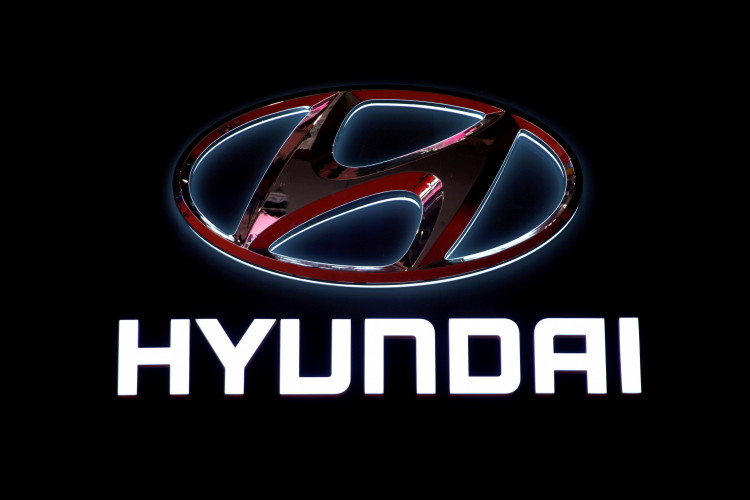South Korea's vehicle production is in danger of producing only an annual four million units as cutbacks from foreign automakers, brought about by the worldwide auto slump and lack of innovative new models from its homegrown auto brand, spell trouble to a country that has a car making as the fifth contributor of its gross domestic product.
Such a slump in auto sales is glaringly alarming considering that the auto industry thrived at the turn of the century when South Korea started offering attractive and affordable compact vehicles.
However, now, the global car industry is undergoing a major downturn caused partly by the US-China trade issues accounting for a record low activity of carmakers in August.
Oh Keo-don, the mayor of Busan, South Korea even went to French carmaker Renault's headquarters to ask if European-bound vehicles could be put together in his city.
Busan is where the only assembly plant run by the mid-tier joint venture Renault Samsung Motors is.
With the management shakeup happening over at Nissan Motors, Busan's 1,800 workers are in danger of losing their jobs.
As part of Nissan's global production restructuring because of a dismaying first quarter, Renault Samsung will stop making Nissan's Rogue sport utility vehicle this year.
This model is responsible for nearly half of Renault Samsung's South Korean plant output, part of Busan's sustainability.
It's reported that Renault will still decide on the mayor of Busan's request.
Production at the plant will drop 25% starting this month.
The forecast isn't good as Renault Samsung offered early retirement packages to volunteers.
Only a few dozen accepted.
Likewise, General Motors subsidiary, GM Korea is moving to downsize.
In May 2018, the company shut down one of its three domestic plants in the country because of poor sales at home and underwhelming exports.
The parent company itself is undergoing a global restructuring and closed five North American plants in November 2018.
South Korean operations are expected to be the next in line in further GM reductions.
South Korea's biggest automaker, it's very own Hyundai Motors, is also heading those cutting out production.
Hyundai was known for stealing the market share from its Japanese rivals, earning Korea the moniker of "Japanese-car killer."
Though it has a 70% domestic share, the company is not doing good.
It's notable that in the middle of this decade, the South Korean auto pride isn't coming out with innovative new units.
This paved the way for European and Japanese automakers to regain their foothold in the country.
Not only is lack of trying to innovate caused the stall and loss of market share of Korea's auto industry, but high labor costs and the high value of the won weren't good on the finances of automakers to spend on new vehicles development.
The country only produced 4.02 million vehicles in 2018, a dismaying 500,000 less from five years before.
Kim Pil-su, a professor of automotive engineering at Daelim University College said that "Production [in South Korea] could potentially fall below 4 million in 2020."





